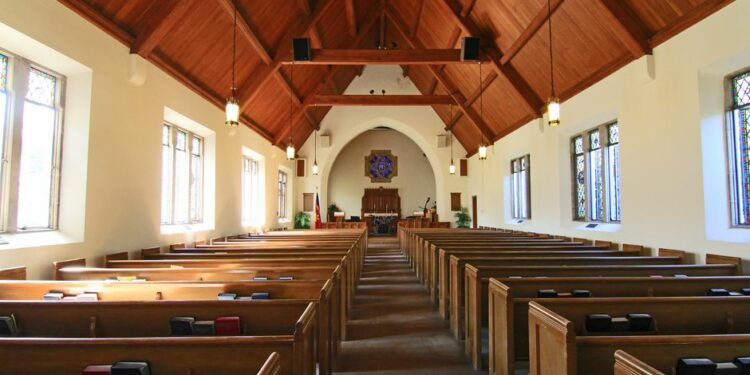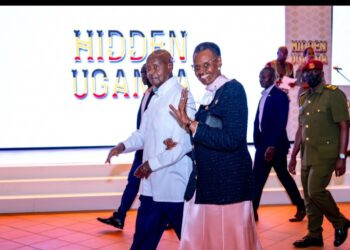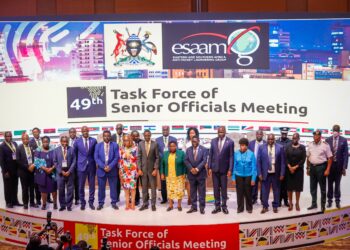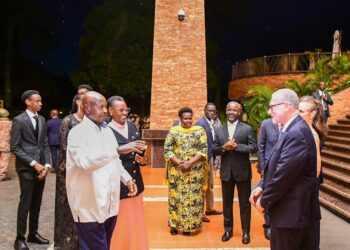Places of worship across the country have, for close to two years remained closed in a bid to avert the spread of Covid-19, a move human rights activists have described as ‘strange’ and ‘unethical’.
According to Sean Nelson, a Global Religious Freedom lawyer working with Alliance Defending Freedom (ADF) International, when governments around the world decided that worshiping was not essential, it showed the disconnect between people enforcing the said laws and their lack of knowledge of basic human rights.
“It is very strange that governments can think places of worship are not fundamental. Everybody has a right to religion. You cannot just restrict some of these fundamental rights such as the right to worship,” Nelson, who advocates on behalf of Christians and other religious minorities being persecuted for their faith around the world, said during the eighth virtual Townhall on Monday.
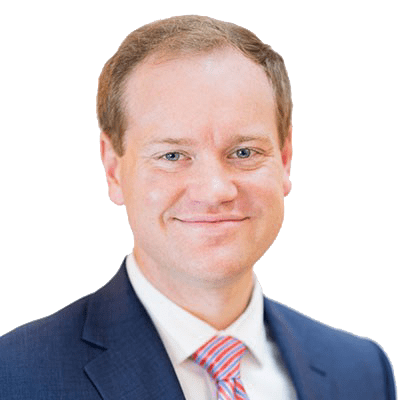
“In times of emergency, there are a few rights that you just can’t do without. Why is it necessary to shut down churches and not grocery stores? If you are allowing some activities, why not others? ”
The Townhall, themed ‘Continuous Religious Freedom Concerns During Covid-19 in Uganda’ was hosted by ADF’s Lois Mclatchie and featured panelists from USA, Austria and Uganda.
According to Nelson, who has represents clients whose freedom of religion is suppressed, discriminatory enforcement of SOPs should be fought.
“Fundamental religious freedom must be protected at any cost,” he said.
Mclatchie, a communications officer who works with journalists and press representatives to advocate for fundamental freedoms in the “court of public opinion”, maintained that ‘ADF wants freedom of religion declared legal’.
“When the pandemic arrived, it changed many aspects of our lives including a total blanket ban on religious rights. There are still some stringent measures that make worshiping difficult to be undertaken. But at ADF, we seek that all doors are open for the gospel,” she said, citing churches and other places of worship in Scotland and Switzerland, among other countries which were opened following court petitions, but wondered why Uganda is yet to do so.
Her submission was re-echoed by Anne Tendo, a lawyer, who wondered why partial reopening of places of worship was only done in consultation with the Inter Religious Council of Uganda (IRCU).
“The situation has not been good for the church or any other religion,” she said in response to a question posed about what the state of the church in Uganda has been like in Uganda.
“The IRCU is a body that doesn’t necessarily represent the ideas of Ugandans but has the ear of the (Ugandan) President Yoweri Museveni. There is no rationale for the 200 people cap, or why the elderly and children are not allowed to congregate. We do not know why places of worship are termed superspreaders yet you can go downtown with a kid,” Ms Tendo said.
In September, Micheal Kiganda, Evelyn Naikoba, Dr. Zedriga Lina, Alice Alaso, Ronald Baliwenzo Nsubuga, Semakula Asuman Lule and Bishop Livingstone Mugabi dragged the government to Constitutional Court demanding for the reopening of places of worship.
They want court to issue a permanent order restraining government from further closure of places of worship as well as to declare that the decision by the government to allow other premises and businesses other than places of worship to operate are inconsistent and not in line with the constitution.
“People have the right to exercise their right to worship. We hope court can quash the ban on places of worship,” she said.
Do you have a story in your community or an opinion to share with us: Email us at editorial@watchdoguganda.com


